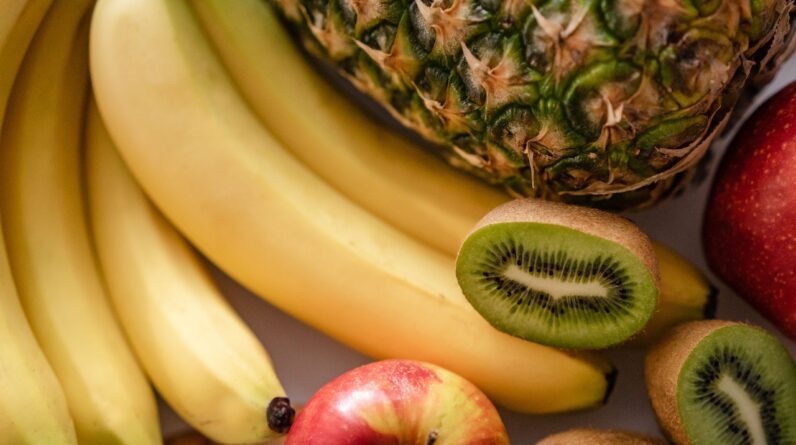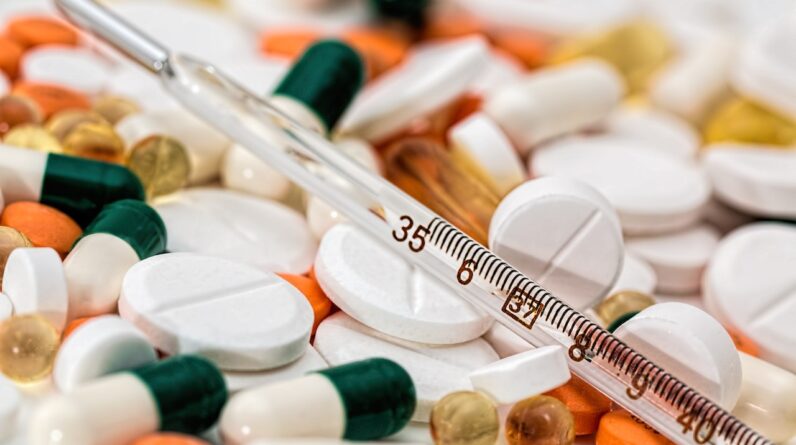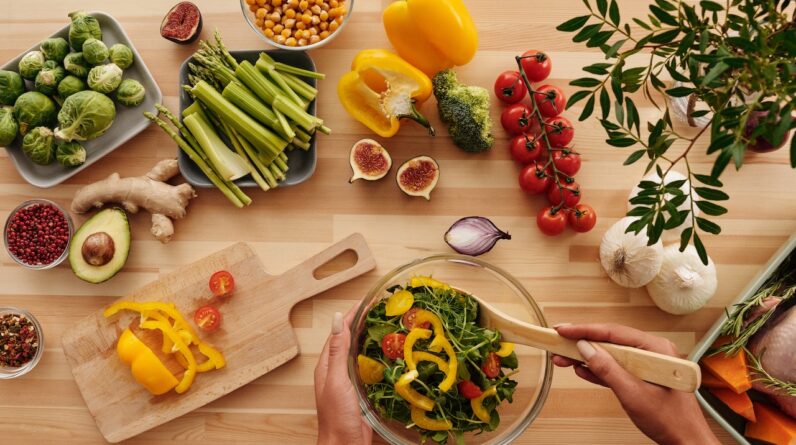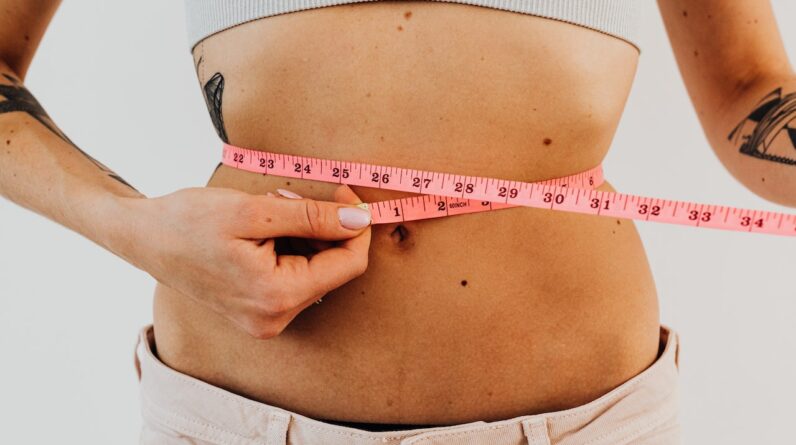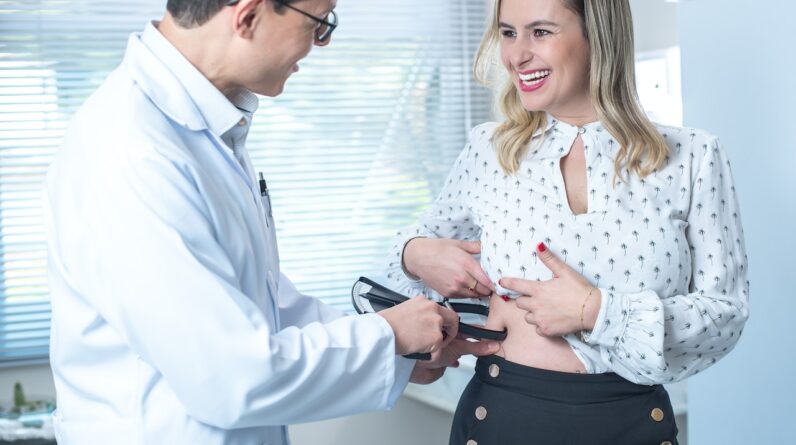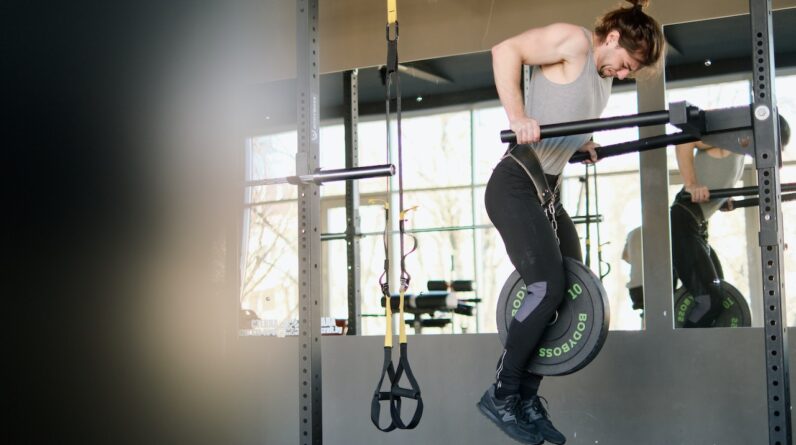
As the battle against weight gain and obesity continues, it is becoming increasingly clear that diet is one of the most important factors in weight management. While both males and females struggle with weight issues, there are unique challenges that females face in their weight loss journey. This article will provide a comprehensive guide to a healthy diet for weight loss for females.
Introduction
Diet refers to the food and drink consumed by an individual. A healthy diet is crucial for weight loss and overall health. A balanced diet should include carbohydrates, proteins, fats, vitamins, and minerals in the right proportions. For females, a healthy diet is even more important due to their unique body composition and hormonal differences.
Understanding Female Body Composition
Females have a higher body fat percentage than males. This is because females have a higher capacity to store fat due to hormonal differences. The hormone estrogen stimulates fat storage in females, particularly in the hips and thighs. The distribution of fat in the female body is different from that of males, with females having a higher proportion of subcutaneous fat.
Females also have slower metabolisms than males due to lower muscle mass. This means that females burn fewer calories at rest than males. These differences in body composition and metabolism mean that females require a different approach to weight loss.
Factors Affecting Weight Loss for Females
Several factors can affect weight loss in females. Age is a significant factor, as metabolism slows down as one gets older. Lifestyle factors such as diet and exercise also play a crucial role in weight loss. Genetics can also influence weight loss, as some individuals have a higher predisposition to obesity. Medical conditions such as polycystic ovary syndrome (PCOS) can also make weight loss challenging.
Principles of a Female Weight Loss Diet
The principles of a female weight loss diet are similar to those of a male weight loss diet. The most important principle is to create a caloric deficit, which means consuming fewer calories than the body burns. This can be achieved through a combination of diet and exercise.
A balanced macronutrient intake is also essential for a female weight loss diet. Carbohydrates, proteins, and fats should be consumed in the right proportions. Proteins are particularly important for females, as they help to build and maintain muscle mass.
Processed foods should be avoided, as they are often high in calories and low in nutrients. Drinking enough water is also crucial for weight loss, as it helps to flush out toxins and reduce water retention. Meal timing is also important, as eating frequent small meals throughout the day can help to maintain a stable blood sugar level and prevent overeating.
Sample Female Weight Loss Diet Plan
A sample female weight loss diet plan should include breakfast, lunch, dinner, and snacks. Breakfast should be a high-protein meal, such as scrambled eggs with vegetables. Lunch can be a salad with chicken breast and avocado. Dinner can be grilled salmon with roasted vegetables. Snacks can include fruits, nuts, or a protein shake.
Exercise and Weight Loss for Females
Exercise is an important component of weight loss for females. Exercise helps to burn calories, build muscle mass, and improve overall health. Resistance training is particularly important for females, as it helps to build and maintain muscle mass. Cardiovascular exercise such as running, cycling, or swimming can also be effective for weight loss.
Supplements for Female Weight Loss
Supplements can be helpful for weight loss, but they should be used with caution. Common supplements for weight loss include green tea extract, caffeine, and garcinia cambogia. However, some supplements can have potential risks and side effects, so it is essential to consult a healthcare professional before taking any supplements.
Psychological Aspects of Weight Loss for Females
Psychological factors such as emotional eating, body image, and self-care can also play a significant role in weight loss for females. Emotional eating refers to the consumption of food in response to emotions rather than hunger. Body image can affect self-esteem and motivation for weight loss. Self-care, such as stress management and getting enough sleep, is also crucial for weight loss.
Conclusion
In conclusion, a healthy diet is essential for weight loss, and females require a unique approach due to their body composition and hormonal differences. A female weight loss diet should create a caloric deficit, include a balanced macronutrient intake, avoid processed foods, and include adequate protein. Exercise and supplements can also be helpful for weight loss. It is also crucial to address psychological factors such as emotional eating and body image. A sustainable approach to weight loss is essential for long-term success.
FAQs
- How many calories should a woman eat per day for weight loss? A: The number of calories a woman should eat per day for weight loss depends on several factors such as age, weight, and activity level. A healthcare professional or registered dietitian can help determine the appropriate calorie intake.
- Can I still eat carbs on a weight loss diet? A: Yes, carbohydrates can be included in a weight loss diet, but they should be consumed in the right proportions and from healthy sources such as whole grains, fruits, and vegetables.
- Is it necessary to track macros for weight loss? A: While it is not necessary to track macros for weight loss, it can be helpful to ensure a balanced macronutrient intake and create a caloric deficit.
- How much exercise is needed for weight loss? A: The amount of exercise needed for weight loss depends on several factors such as age, weight, and fitness level. A combination of resistance training and cardiovascular exercise is recommended for weight loss.
- Are weight loss supplements safe for women? A: Some weight loss supplements can have potential risks and side effects, so it is essential to consult a healthcare professional before taking any supplements.


